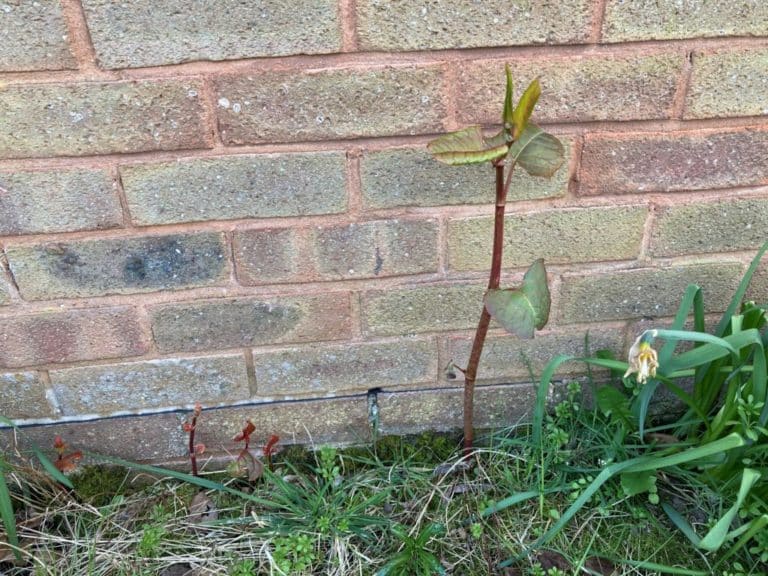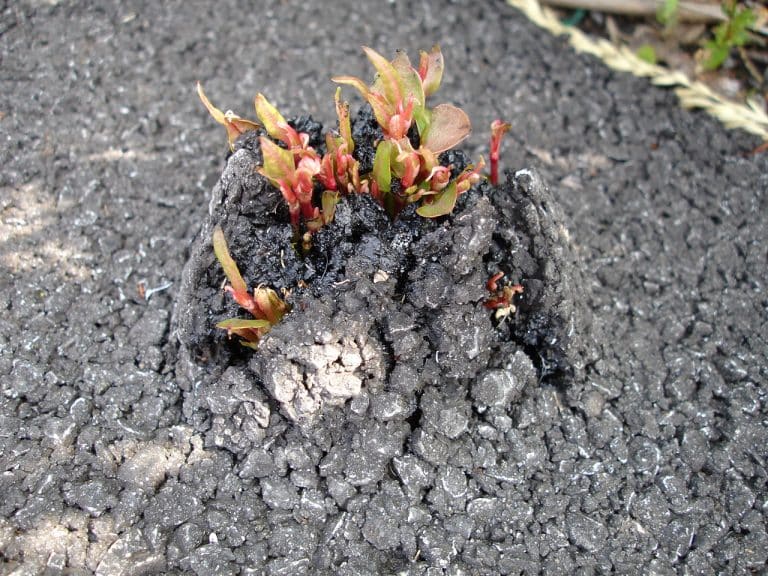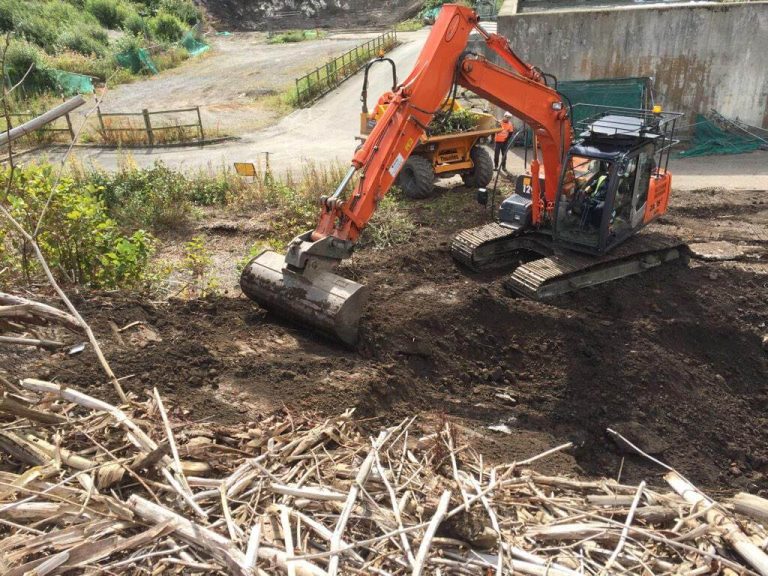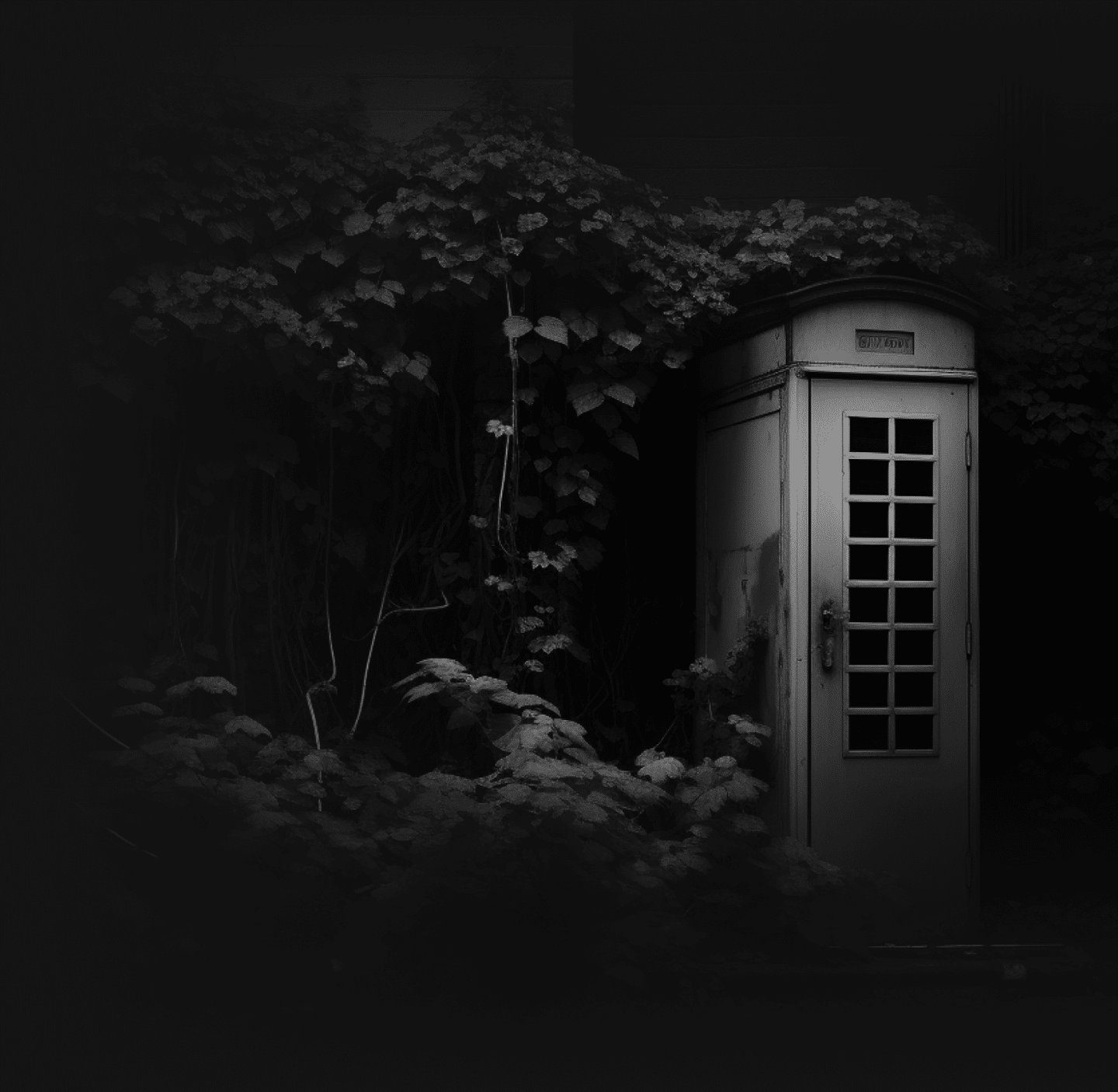It is not illegal to have Japanese knotweed on your land and you do not have a legal duty to notify anyone that you have Japanese knotweed on your land.
However, there are laws which cover the spread and transport of Japanese knotweed, and without taking action it is possible that you may commit an offence, or be liable for action in the civil courts (you could be sued).
It is an offence under the Wildlife and Countryside Act 1981 to plant or cause Japanese knotweed to grow in the wild. Prosecutions are very rare, however, and JKSL are not aware of any charges brought under this legislation for allowing Japanese knotweed to spread into a domestic property.
Japanese knotweed (and soil or other material containing Japanese knotweed) is considered “controlled waste” under the Environmental Protection Act 1990. This means that if you move Japanese knotweed off your land there are various legal duties in how the waste is managed. Controlled waste can only be taken to licensed landfill – this is expensive, the material needs to be booked in with the landfill and there are limited sites which will accept Japanese knotweed materials.





